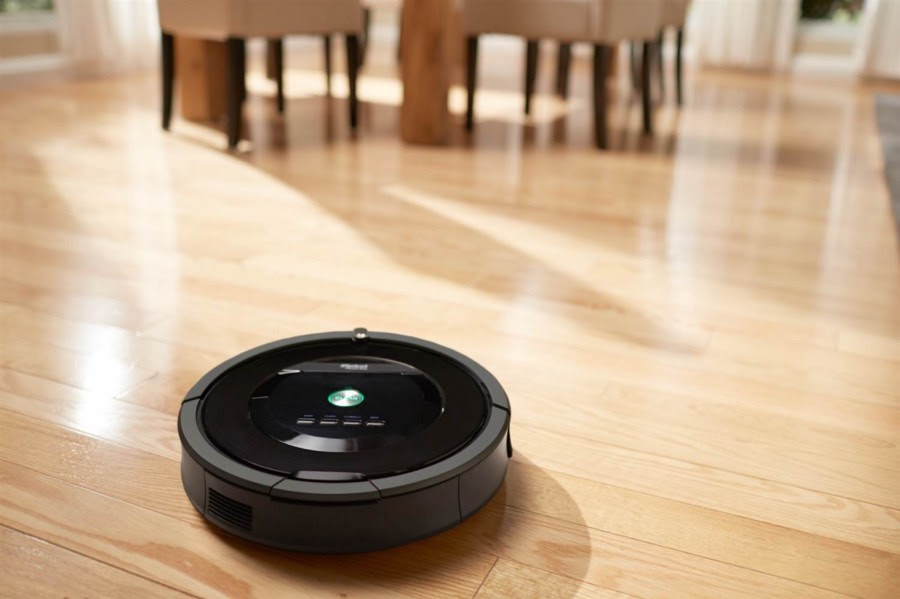Meet Shubham Banerjee, a 17 year old boy who decided to solve a problem that has hindered a community for years. The Blind community has struggled with having access to braille, “the tactile writing system used by the visually impaired”, thus creating everyday life a challenge difficult to overcome. Banerjee decided that it was time for a change and took matters into his own hands.

Braigo Labs CEO Shubham Banerjee
Before starting Braigo Labs, Banerjee had no idea what braille even was. He came across it one day and talked to his parents about it. After doing some research and realizing that Braille printers can cost upwards of $2,000 he decided to do something about it. He told business insider, “When I found out the cost of a Braille printer, I was shocked, I just wanted to help the visually impaired. I had a Lego Robotics kit, so I asked, ‘Why not just try that?'” (Business Insider). The small step of creating a printer with his legos grew into a full blown company able to help the 285 million visually impaired people in the world.
After a few prototypes he became recognized in outlets such as The Tech Awards 2014 and The White House Maker Faire. The reason his product is so influential is because a Braigo Labs printer will cost under $500 thus making it more affordable for the visually impaired around the world. He wants the visually impaired even in developing countries to have access to Braille.

The First Braigo Labs Prototype.
Entrepreneurs can learn from Shubham Banerjee because he came across a niche community that had a huge gap and decided to fill it in a new and cost-effective way. One thing I found super interesting about Banerjee’s story is that he did not know anything about braille or the blind community before wanting to make a change. You do not have to be an expert on a topic or have worked with an organization for 20 years to make a change, all you need is a compassionate heart and a lego kit.
Kim, Eugene. “This 13-Year-Old Is So Impressive, Intel Is Investing Hundreds Of Thousands In His Startup.” Business Insider, Business Insider, 9 Nov. 2014, www.businessinsider.com/shubham-banerjee-braigo-labs-2014-11.



